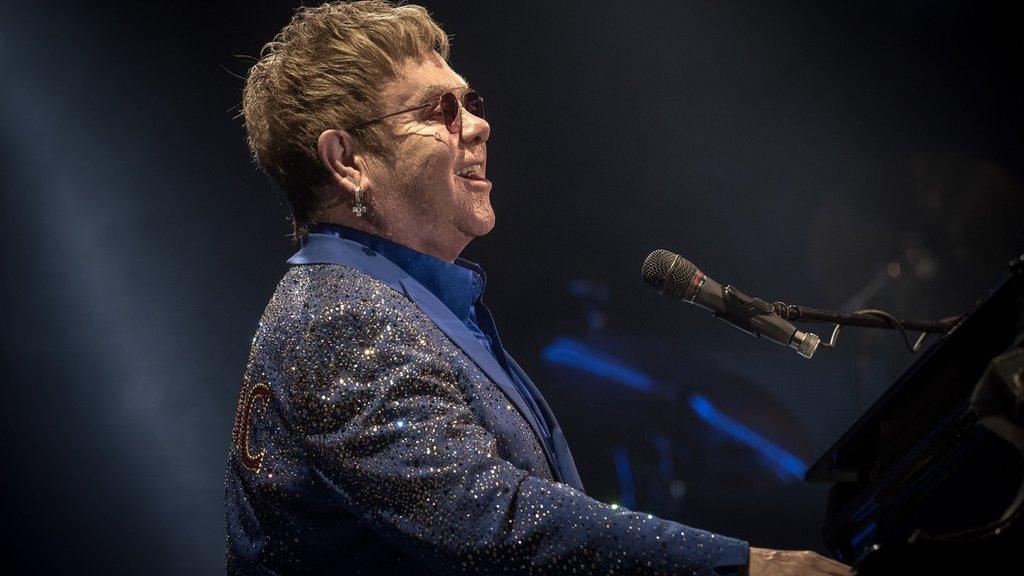Iron Maiden go to war with ticket touts
- Published
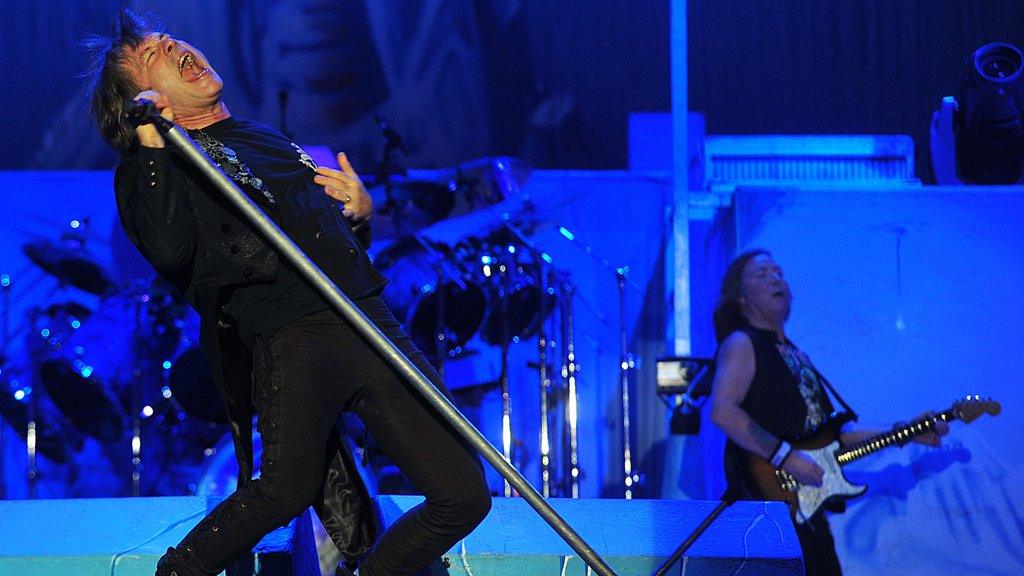
Iron Maiden will announce the dates for their first UK tour for six years on Friday
Rock band Iron Maiden are introducing a series of measures, including paperless tickets, in an effort to combat touts on their forthcoming UK tour.
It means that fans will not receive printed tickets - but will have to present photo ID and a credit card when they arrive at the venue.
The band say they hope it will stop tickets changing hands for "ludicrously inflated" prices on resale websites.
They join the likes of One Direction and The Pixies in addressing the issue.
"We do not want our fans being ripped off either by counterfeit tickets or through costly mark-ups on so-called secondary ticketing websites," said Iron Maiden's manager Rod Smallwood.
"These problems now affect the UK more than any other country outside of the USA."
He said paperless ticketing had helped combat touts on Iron Maiden's recent North American tours.
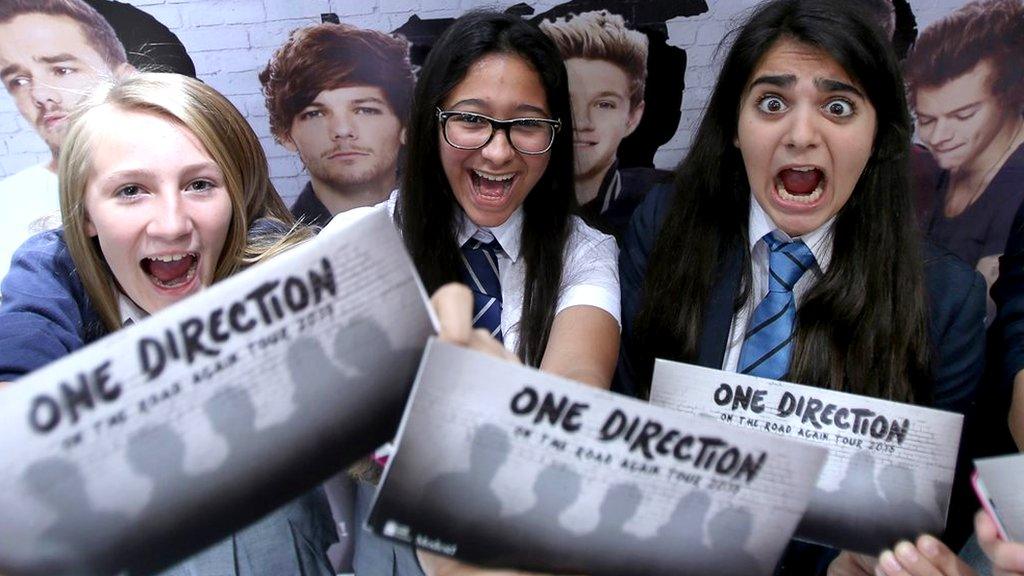
Last year, One Direction teamed up with the Twickets app so fans could buy re-sale tickets at face value
The band are also employing other measures to prevent fraud. A limit of four tickets per person has been set, and a dedicated team will monitor transactions for suspicious activity.
Tickets found to have been bought by touts will be retrospectively cancelled and put back on sale, the band added.
At venues where the paperless system is not 100% enforceable, tickets will have the purchaser's name printed onto them; and they will be required to show photo ID before seeing the show.
Dates for the band's tour will be announced on Friday.
Ticketmaster are providing the technology to make paperless ticketing possible - despite having a slice of the secondary market via their ownership of Get Me In!.
"We're proud to be working with Iron Maiden on their 2017 tour," said the company's managing director, Andrew Parsons.
"Paperless ticketing is a proven way of getting tickets directly into the hands of genuine fans, whilst ensuring they pay the price intended by the artist."
'Rogues and scoundrels'
The secondary ticketing market in the UK is thought to be worth more than £1bn a year. But the music industry is concerned that fans are being excluded from concerts by "professional" resellers, who scoop up tickets as soon as they go on sale, then advertise them at vastly inflated prices.
Rock band Pixies recently called these resellers "rogues and scoundrels", after tickets for their tour appeared online for more than £800, compared with a face value of £32.50.
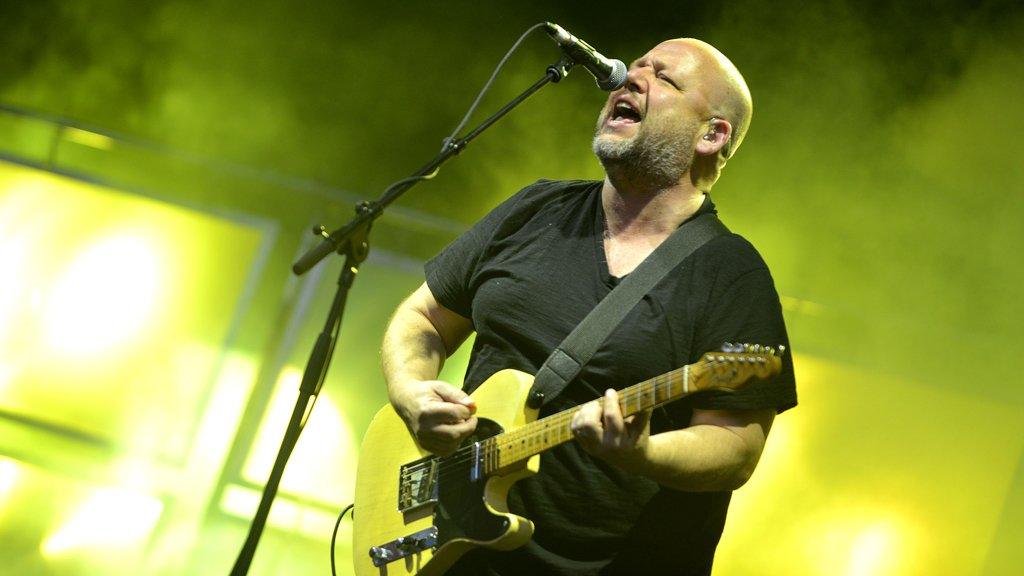
The Pixies are selling tickets directly to fans for future shows
In response, they followed Adele's lead and partnered with music website Songkick to sell future tickets, they told The Guardian, external. The site employs proprietary technology to identify touts (who often use multiple credit cards and fake names), reducing their ability to make purchases and cancelling tickets when they appear on secondary ticketing sites, if possible.
Earlier this year, a government-backed review of the secondary ticketing market recommended stronger regulation of the market - although it stopped short of calling for new legislation.
Professor Michael Waterson, who led the report, external, recommended measures including a licensing system for touts and harsher penalties for firms that flout consumer rights law governing ticket sales.
Companies like Ticketmaster should take more action to prevent touts "harvesting" concert tickets, he added, and said buyers should be forced to give proof of ID when they arrive at venues.
The government has yet to respond to the review but last week Nigel Adams MP, who is chair of the all-party Parliamentary group on music, called for "comprehensive reform of the secondary ticket resale market, external".
'No longer available'
"Only last week, I tried to purchase tickets to a Green Day concert for my family, logging on to the primary sale site as soon as they were released," he said.
"I was told I'd been allocated the tickets, and had them held for five minutes to enter my card details and complete the transaction - but on submitting my card details just over two minutes later, I was told the tickets were no longer available.
"I was troubled to find tickets for the same concert available only minutes later on resale sites - for over double the price - and my experience is not unique.
"It is of paramount importance that we protect performer's rights to set the prices for their own tickets and make certain that we put fans first," he continued.
"No artist wants to perform to empty seats because touts snapped up tickets and jacked up prices."

Follow us on Twitter @BBCNewsEnts, external, on Instagram at bbcnewsents, external, or if you have a story suggestion email entertainment.news@bbc.co.uk, external.

- Published14 July 2016

- Published26 May 2016
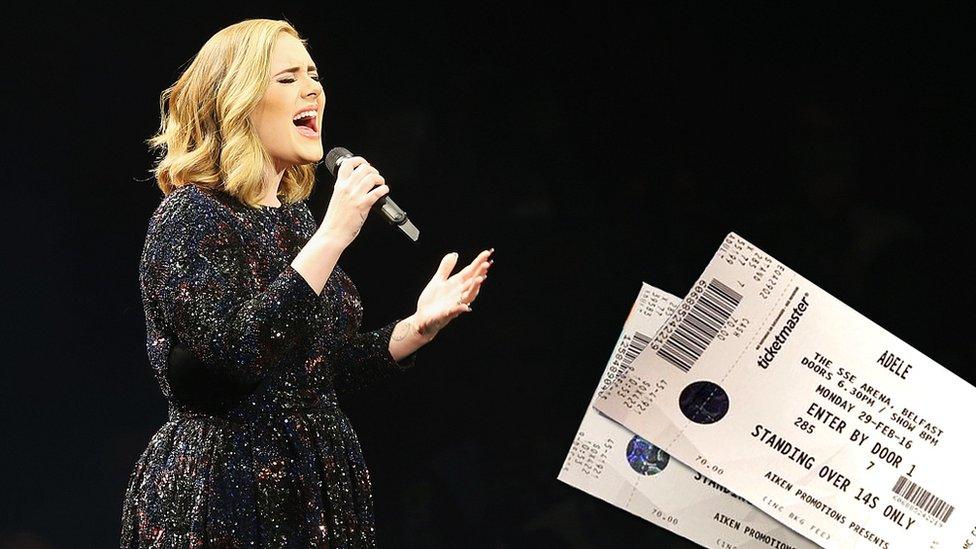
- Published25 May 2016
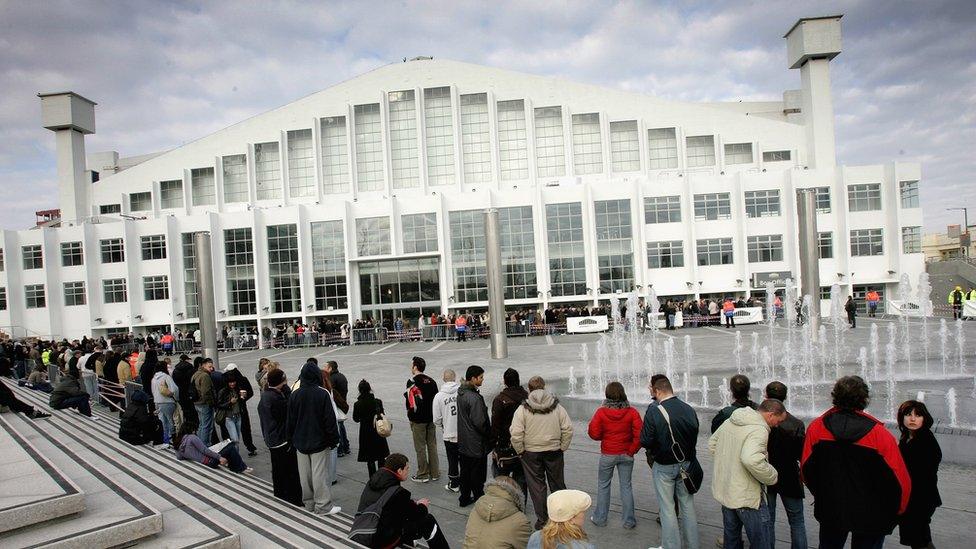
- Published25 May 2016
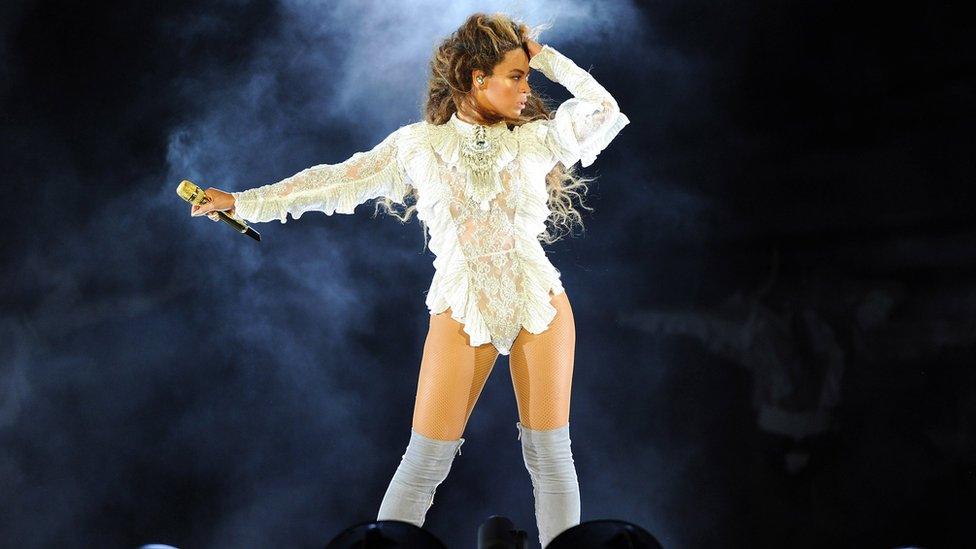
- Published16 December 2015
